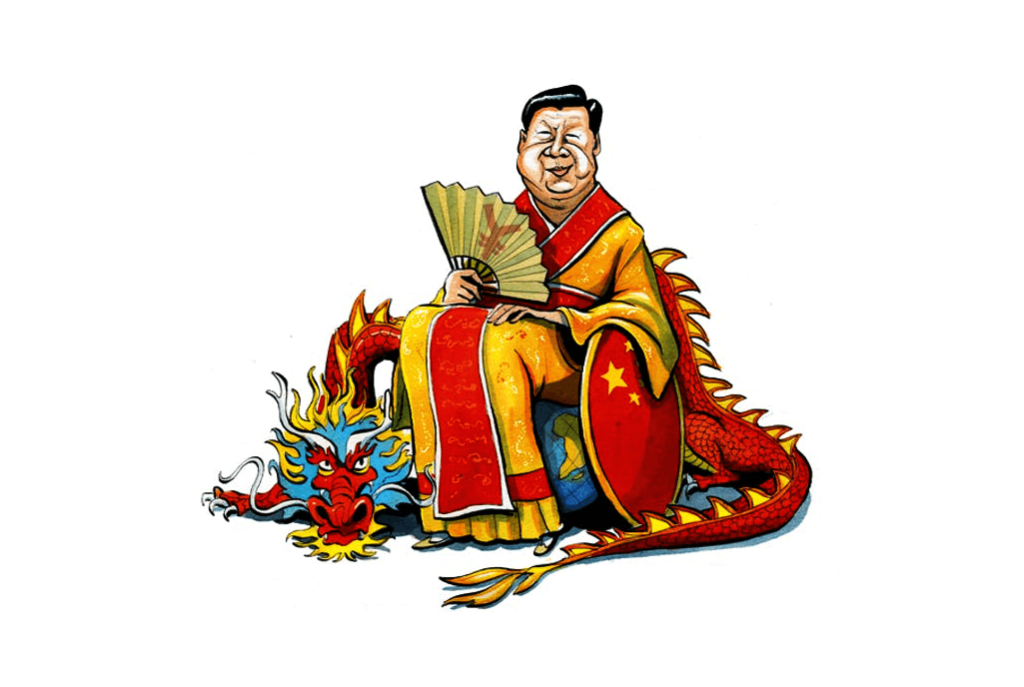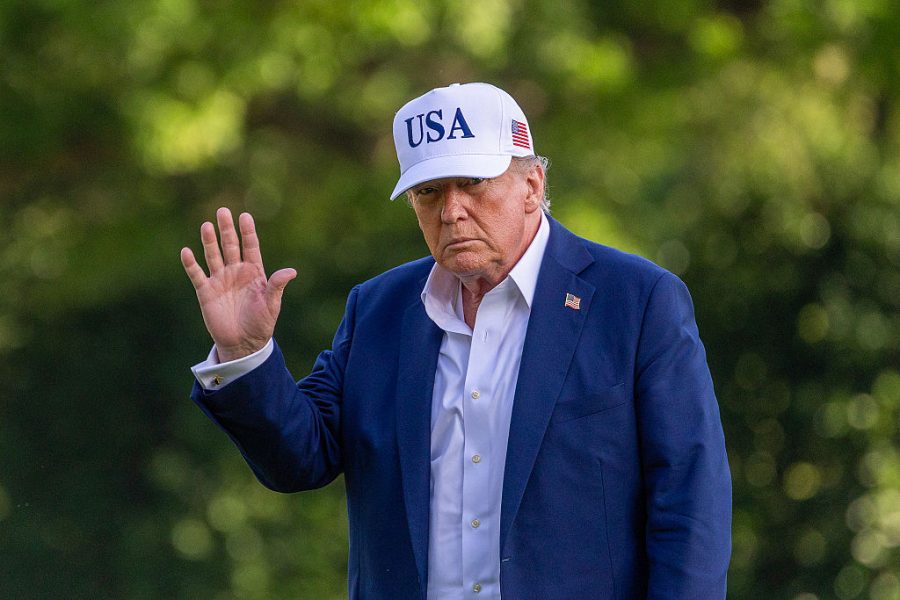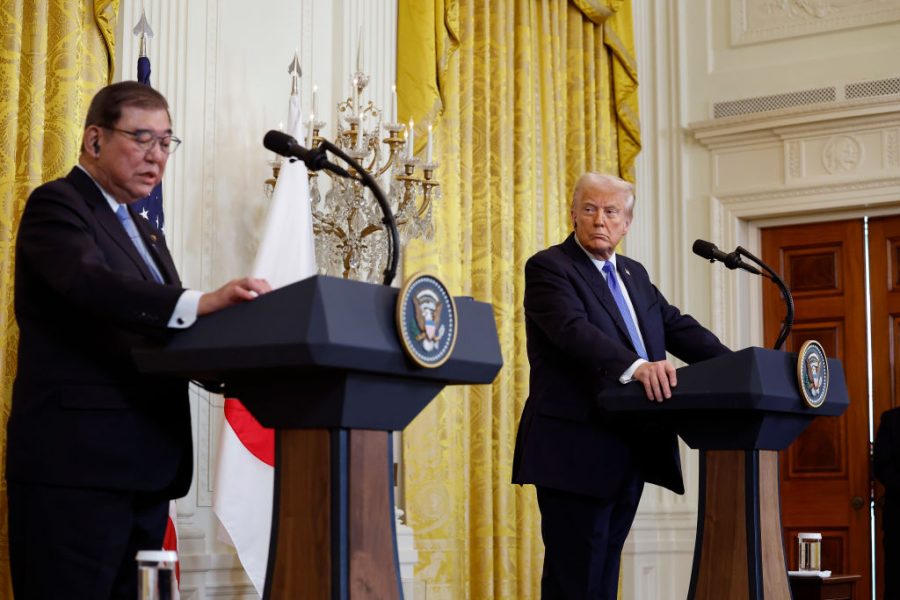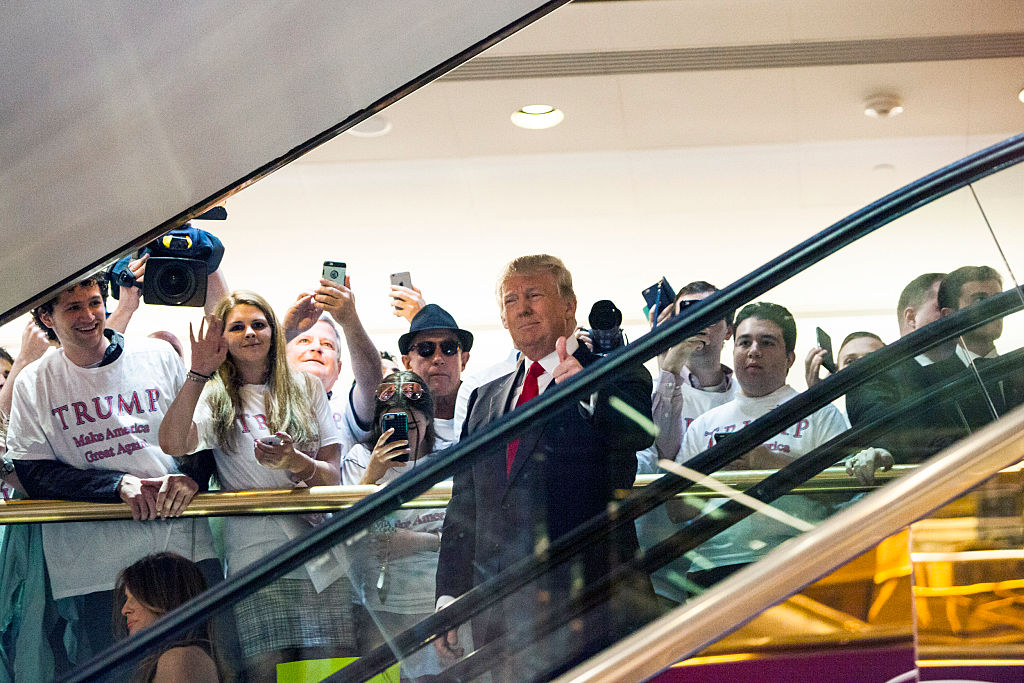As a small British fleet, headed by HMS Queen Elizabeth, cruises towards the South China Sea, there remains a question over the nature of China’s geopolitical ambitions.
When Xi Jinping came to power in 2013 it was assumed that China would follow the relatively unthreatening path begun by Deng Xiaoping. But Xi was intent on following a different agenda.
Xi’s brutal clampdown on corruption showed that there was a new sheriff in town. High-profile politburo members were imprisoned. Such was the scale that Qincheng Prison began to run out of cells. Expensive wristwatches suddenly disappeared from the arms of modestly paid bureaucrats. The West applauded.
Xi’s reform of China’s state-owned enterprises was further positive news; so too the Belt and Road Initiative which was seen as a positive contribution to global economic growth. A benign looking Xi supped Greene King IPA with then British PM David Cameron at his local pub. Seemingly the message was ‘what’s good for China is good for the world’.
However, within a few years cracks started to appear in this golden win-win scenario. In 2014, Beijing started building illegal fortified islands in the same waters through which British ships are now sailing, a signal of China’s newly aggressive foreign policy. Incursion along India’s Himalayan borders rang alarm bells in Washington as well as New Delhi. Similarly Chinese naval action around Japan’s Senkaku Islands brought increasing tension to the East China Sea.
China’s building of ports in Myanmar and Sri Lanka suggested that control of the Bay of Bengal and the Indian Ocean was within its sights. Strategic investments in the ports of Piraeus, Istanbul, Gwadar in Pakistan and Djibouti on the Gulf of Aden implied global not just regional ambitions. It was a fear made concrete when China claimed rights to the Arctic and risibly described itself as ‘a near Arctic nation’. By the time of Xi’s second term as China’s leader, the Belt and Road Initiative no longer seemed to be simply economic in substance.
Meanwhile Xi’s declared intention to reclaim Taiwan by 2032 has indicated to the world that he expects to stay in office at least until that date (in 2018 he abolished his own term limits). Xi views unification as ‘an inevitable requirement for the great rejuvenation of the Chinese people’.
In spite of these developments, thus far the West has yet to work out what sort of empire China has in mind. The eminent classical historian and political commentator Victor Davis Hanson has likened Xi’s China to Emperor Hirohito’s pre-war ‘Great East Asia Co-Prosperity Sphere’, which sought to create an Asian empire strong enough to compete with the West.
Pre-war Japan believed that it should lead an Asia that shared its anti-colonialist, anti-western values. ‘An imperialism against imperialism,’ as Samuel F. Bemis put it. Like 1930s Japan, China resents western influence in Asia and looks back with sustained anger at the humiliations inflicted by the Opium Wars and the unequal treaties that followed.
In his centenary speech in July, Xi described this as a period in which the West reduced China to ‘a semi-colonial, semi-feudal society’. This is historical claptrap. The West did not cause a Chinese feudalism that dated back millennia. China declined in the 19th century because, unlike the West, it had not reformed its feudal culture. In the 20th century Xi’s hero, Chairman Mao, condemned perhaps 50 million people to death by starvation through his Great Leap Forward, which sent China back to the dark ages.
The paranoia of autocratic states should never be underestimated. Hanson himself concluded: ‘As now [with China], the first Greater East Asia Co-prosperity Sphere was a thin veneer masking Japanese inherent weakness: constitutional weakness, fuel and food weakness, economic weakness, strategic and military weakness’.
But comparisons with Japan’s Co-Prosperity Sphere break down rather quickly. Unlike modern day China, Emperor Hirohito’s imperialist ambitions were built on military conquest. In the 1930s Japanese militarists surmised, incorrectly, that the Soviet Union and the West were planning to subjugate Japan. They therefore set about creating an autarkic empire incorporating Korea, Taiwan and Manchuria. Self-sufficiency was deemed essential after 1918 and the Germans’ starvation into submission.
Japanese autarky was a chimera. In 1939 Japan relied on Californian oil for 80 percent of its imports — hence the sweep through Southeast Asia in 1941-2 to get to the rich oilfields of what is now Indonesia. Although China has concerns about oil and food security, it is highly unlikely to embark on military adventurism to achieve self-sufficiency.
Moreover, unlike Japan in the 1930s, Chinese economic growth remains dependent on export to the West’s consumer markets. Leaving aside its intention to reabsorb Taiwan by military means if necessary, Japanese-style conquest is not on the Chinese agenda. As Sun Tzu advocated, nations should build powerful economies and armies but avoid war; China intends to use it military and economic strength to strong arm its enemies into submission — not destroy or conquer them.
Vietnam and Myanmar have already been cowed into unhappy subservience. The Thai elite, not willing to share power with the masses, prefer oligarchy to democracy and has already jumped aboard China’s ship. The Philippines has flip-flopped in its allegiances, seeing China as the region’s long-term winner but nevertheless resenting its unilateral takeover of the South China Sea. Meanwhile Bangladesh plays off China against India, its emerging superpower rival. Pakistan, which has always seen China as a bulwark to India, has long been an ally. Central Asian states stretching as far as Turkey are being suborned by Chinese economic wealth. Vladimir Putin, no doubt unhappy at Russia’s role as a junior partner to China, nevertheless prefers this subordinate role to being the West’s whipping boy.
If a historical exemplar of China’s modern-day empire is needed, Sparta, in its conflict with Athens during the Great Peloponnesian War, may be a better fit. The 5th century monarchical state was as ideologically driven as modern-day China, and ultimately defeated democratic Athens.
Having eclipsed its insular rival, Athens dominated the Hellenic world by creating a great trading empire with a fleet paid for by its democratic Delian League allies. But the Athenian Empire eventually succumbed to hubris. Its citizen assembly, led by irresponsible demagogues, voted to send its navy halfway across the Mediterranean to subjugate Syracuse, the powerful Sicilian city. It was a catastrophic distraction.
After a lengthy siege that depleted its resources, the Athenian navy and army were surrounded by Spartan forces and annihilated. Sparta roused itself to build an alliance of anti-democratic, anti-Athenian states.
The Sicilian Expedition as it became known is arguably the best example of imperial overreach in history. Is history repeating itself? Thus far this century, America, like Athens, has depleted its strength by throwing vast resources at non-essential wars in Iraq, Syria and Afghanistan. These were distracting conflicts where even victory would have provided modest benefits. In hindsight victories in Iraq and Syria were largely pyrrhic while the war in Afghanistan seems all but lost. Meanwhile China has grown its economy, built a world class navy and leveraged its strength to co-opt regional allies.
In short, since the start of the 21st century, the United States, like Athens in the 5th century BC, has been guilty of hubristic overreach and geopolitical distraction. As a result, its post-war empire of influence in Asia is now under severe threat. Meanwhile the British prime minister, in spite of his education in the classics, has also overlooked the lessons of the Sicilian Expedition; naval expeditions a long way from home are fraught with danger. Is there any upside to justify this risk?
This article was originally published on The Spectator’s UK website.

























